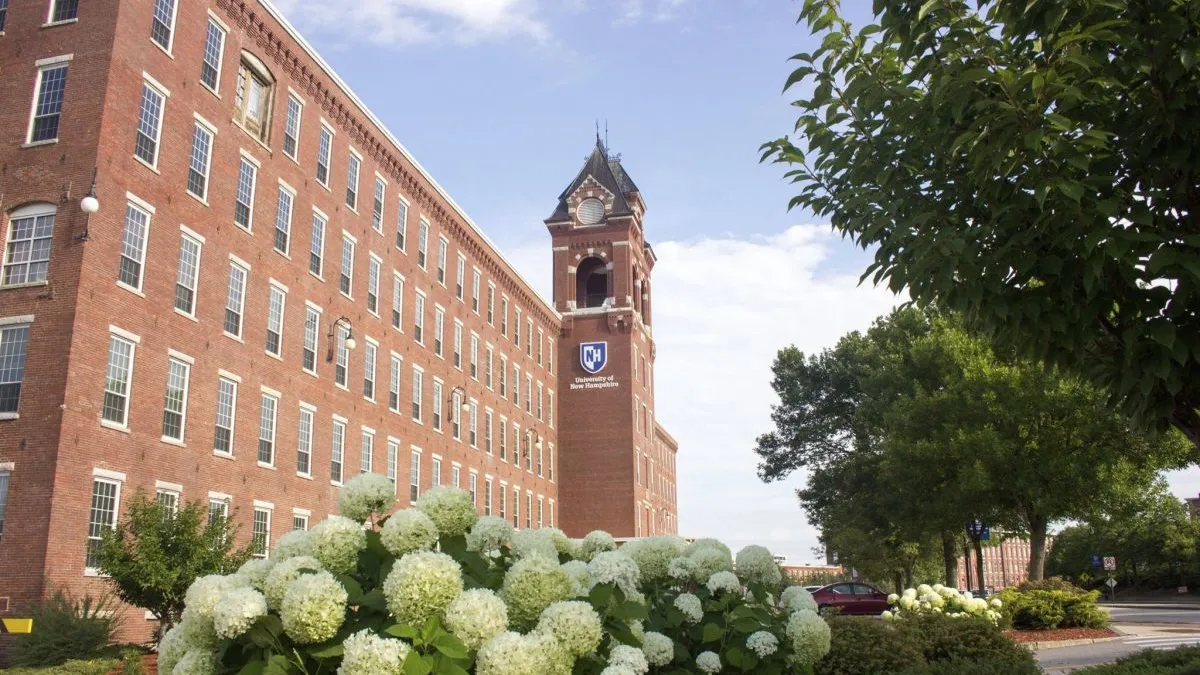Dive Brief:
- New Hampshire should study combining the state's community college and university systems to keep both sustainable, a task force recommended.
- At the direction of Gov. Chris Sununu, the task force publicly released a 33-page report Tuesday following three months of discussion on issues like increasing the state’s educational access. Under the recommendations, the state would weigh combining the Community College System of New Hampshire and the University System of New Hampshire under one governing board and one chancellor.
- In the short term, the university and community college systems should reduce duplication of academic offerings, improve the credit transfer process and combine their administrative workspaces, the report said.
Dive Insight:
In October, Sununu issued an executive order directing lawmakers, industry experts and leaders from New Hampshire’s public colleges to form a task force and devise a plan for ensuring the long-term viability of the state's higher education model.
“New Hampshire’s public institutions of higher education are not immune from the challenges that colleges and universities across the country are facing,” Sununu said at the time.
Sununu mentioned the so-called demographic cliff — a projected decline in high school graduates that is expected to start next year as a result of dropping birth rates during the Great Recession.
Enrollment at both of the state’s public college systems has already been declining since 2018. The University System of New Hampshire saw a 13.6% drop from 2019-20 to 2023-24, ending with 27,056 students, according to the task force’s report. The Community College System of New Hampshire saw a 14.3% decline during that period, dropping to 22,128 students.
The systems' net revenue has also been declining, according to the governor's order.
The boards of both systems unanimously supported the task force's creation.
In its report, the task force said it did not have enough time to recommend structural changes to the two systems or explore the funding necessary to carry out such changes. Those decisions would also require legislative action.
The recommendations it did put forth are designed to make higher education more readily available and stable for New Hampshire's residents.
"Through a combination of immediate initiatives and long-term recommendations, these actions will enhance accessibility, promote efficiency, improve affordability, and prepare New Hampshire's citizens for the future," the report said.
The task force recommended that the community college system move to be recognized as a single college with multiple locations under its accreditor, the New England Commission of Higher Education.
The report also suggested that the systems streamline their admissions processes, including exploring whether to notify high school students of automatic acceptance to the state’s community colleges. Likewise, it recommended proactively accepting community college students with a “predetermined GPA” to the state’s public universities.
New Hampshire public colleges should make affordability a top priority to boost the state’s educational attainment levels, the task force said. About 12,500 students graduate from New Hampshire public K-12 schools annually, and about 60% of them go on to higher education.
Its report recommended that the community college system look into the cost of offering last dollar financial aid programs. Last dollar funds cover the remaining cost of tuition after all other financial aid has been applied.
Colleges could also lessen financial strain on students by using open educational resources — materials freely available through the public domain or an open license. These resources can be modified and supplement or replace pricey course materials like textbooks.
Even with these moves, the report said, the state’s public institutions cannot afford to solely focus on students in New Hampshire. Roughly half of students enrolled at the University System of New Hampshire are from out of state, it noted.
"Keeping New Hampshire students in New Hampshire is only part of the solution to the enrollment issue," the task force said. "Marketing efforts beyond state borders, as well as touting New Hampshire advantages, provides a means of offsetting student attrition to out-of-state programs."














